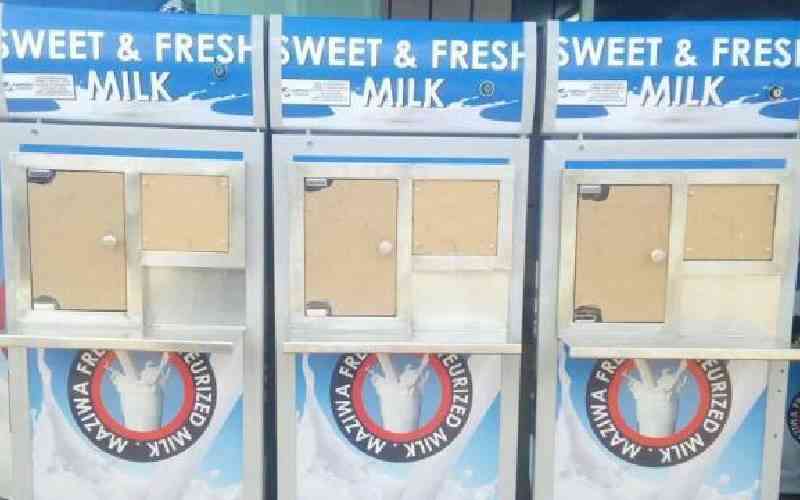×
The Standard e-Paper
Kenya’s Boldest Voice

Vending using automated machines is a technology that has been evolving over the years, easily making items such as stamps, newspapers, beverages, snacks and foodstuffs available.
In Kenya, vending machines have become a staple in most residential areas, shopping centres and especially supermarkets dispensing essential liquid products such as milk and cooking oil.